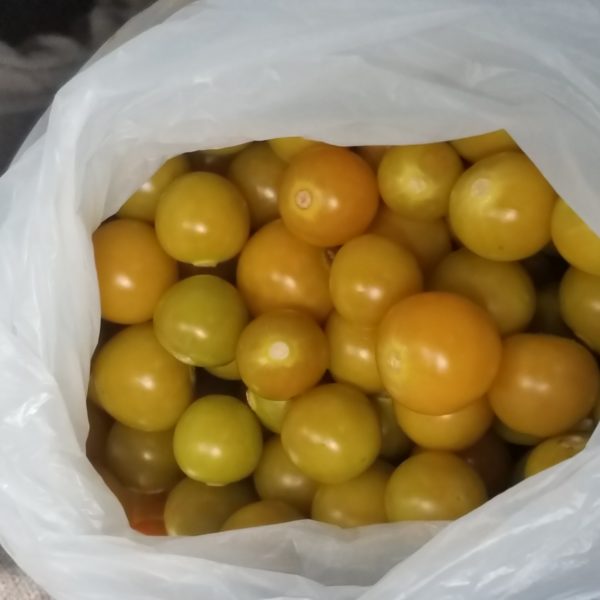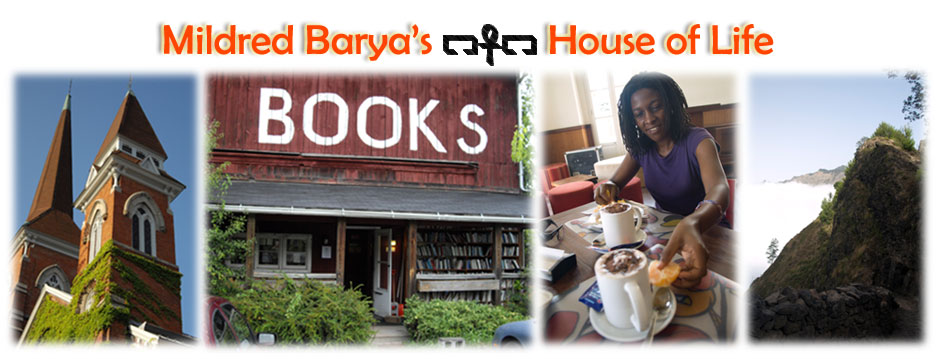
Lately, I’ve been thinking a lot about the character Oliver Twist, so much so that I’ve revisited the text for fresh insights. When I first read Dicken’s novel many years ago, what stayed in my mind was the suffering part, the misfortunes of all the numerous children and criminals of the industrial period but most significantly, the poor, orphaned Oliver Twist. This time round, I admire how courageous Oliver Twist really was throughout his life, always trusting and seeking a better life instead of enduring “his lot” indefinitely. He sort of knew that the future was in his hands.
The fact that he asks for more is treated as a sinful act of ingratitude, a shameful daring. For that, he is severely punished and humiliated. So the art and quest for survivance begins. Fast forward to where we are in the 21 century, it’s not uncommon to see similar threads where by anything that looks like one is asking for more is considered a sign of ingratitude, greed or impoliteness, rather than a genuine need for more, whether that more is in form of salary, expansion, career opportunities, health services, and so on. We must remember though that had Oliver been satisfied with the meager portion he was given and not sought more, he would not have set in motion the circumstances that then propelled him to leave that horrible place and find a better life. The idea that he was even lucky to be in that awful place when others like him were on the streets was not a comfort or consolation for our brave boy. Many children stayed. He did not. Deep down Oliver must have known that he deserved more, was capable of finding better and had pretty much a right to follow the whim of his heart. There was a world outside the walls. We could call this compulsion a strong desire, a change of mind, a gift of insight, etc. Was his journey to a better place paved with gold? Far from it. Yet, he believed, desired, perspired, and took action that spurned a series of incidents and twists until he stumbled upon favor and help. In my opinion, situations don’t even need to be bad for one to venture into further exploration or asking. In fact, they can be so good that lazy contentment itself becomes the enemy of better. They can be so-so. They can be anything. Point is, questioning and examining status quo is important for one to know where they are versus where they wish to be.

In my personal and professional life, I have promised myself to reach for more when the impulse strikes. I believe that for progress or innovation to happen, a larger component of that begins with a dissatisfaction of what is, which then leads towards the desired—whether that means changing the methods of doing something, working conditions, or life as we know it—depends on each individual. Guilt or ingratitude have nothing to do with wanting more, although, such feelings might be invoked like spirits. Strong spirits they can be but let’s not go there. Mary Oliver has the best advice on this, in her Wild Geese poem:
…You do not have to walk on your knees
for a hundred miles through the desert repenting.
You only have to let the soft animal of your body
love what it loves…
Just know there’s bound to be criticism but good literature tells us that the rewards are worth the risk. How much of this is applicable to life though?
All of it.

Say Hallelujah if you’ve ever asked for more and received a beating.
Sing Hallelujah if you’ve ever asked for more and received it.
Shout Hallelujah if you’re reaching for more right now where you are.
Consider all this a Case for Desire. John O’Donohue in the book, To Bless the Space Between Us, says: “In terms of its creative side, desire is the quickening of heart that calls forth change. Somehow the eye of desire can glimpse possibility where the overfamiliarized mind cannot see it. Once it glimpses this, desire cultivates dissatisfaction in the heart with what is, and kindles an impatience for that which has not yet emerged.” Of course there can also be a shadow side to desire and enough people have written or talked about that, so I won’t get into it. But I do know when desire stirs our hearts for more or better, a lot can change instantly. O’Donohue knows this too for he adds, “There should be a healthy tension between the life we have settled for and the desires that still call us. In this sense our desires are the messengers of our unloved life, calling us to attention and action while we still have time here to explore fields where the treasure dwells!” I’ll leave you to ponder that.
May y’all find the heart of it, and more!

2 Responses to A Case for More